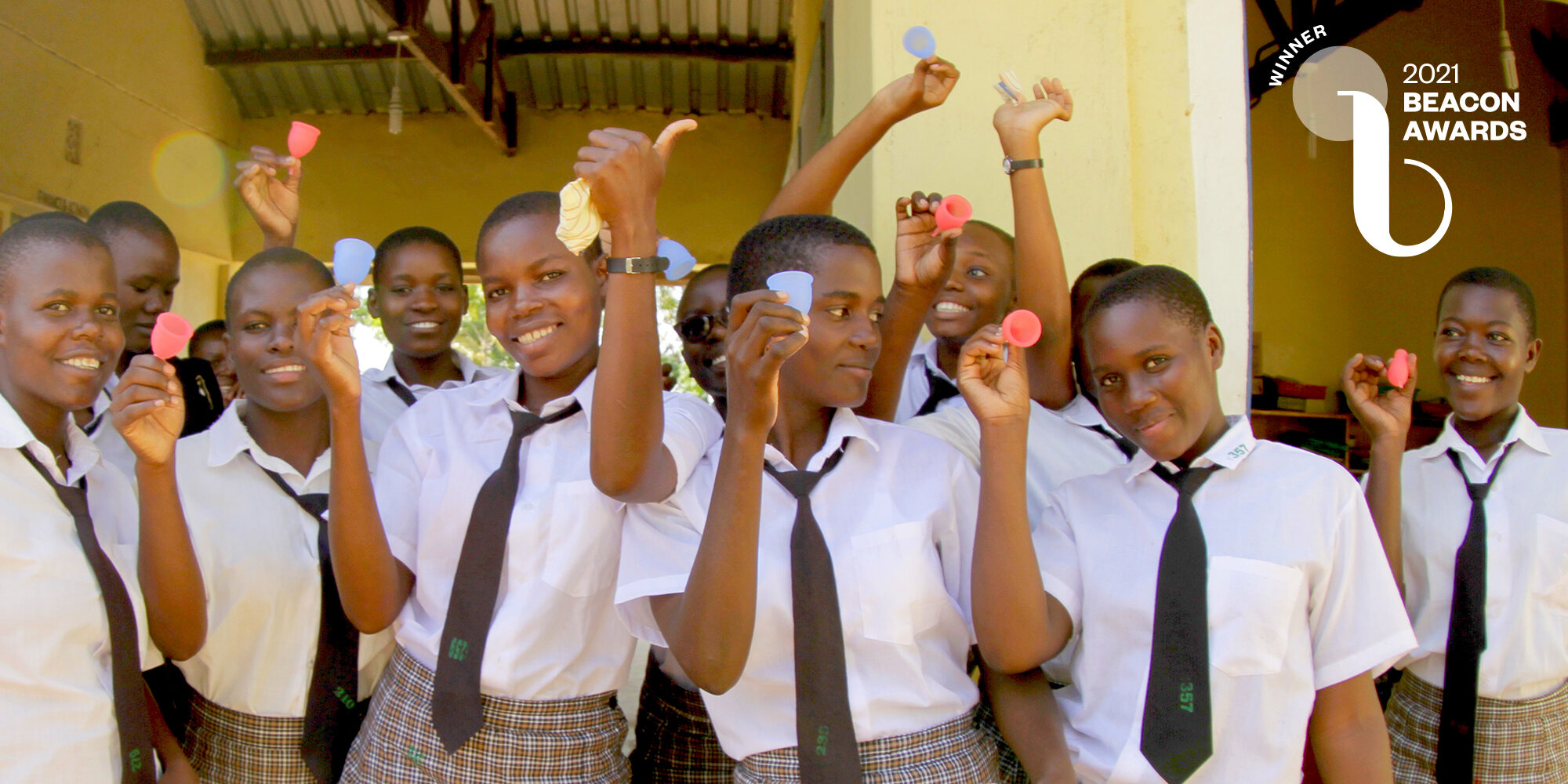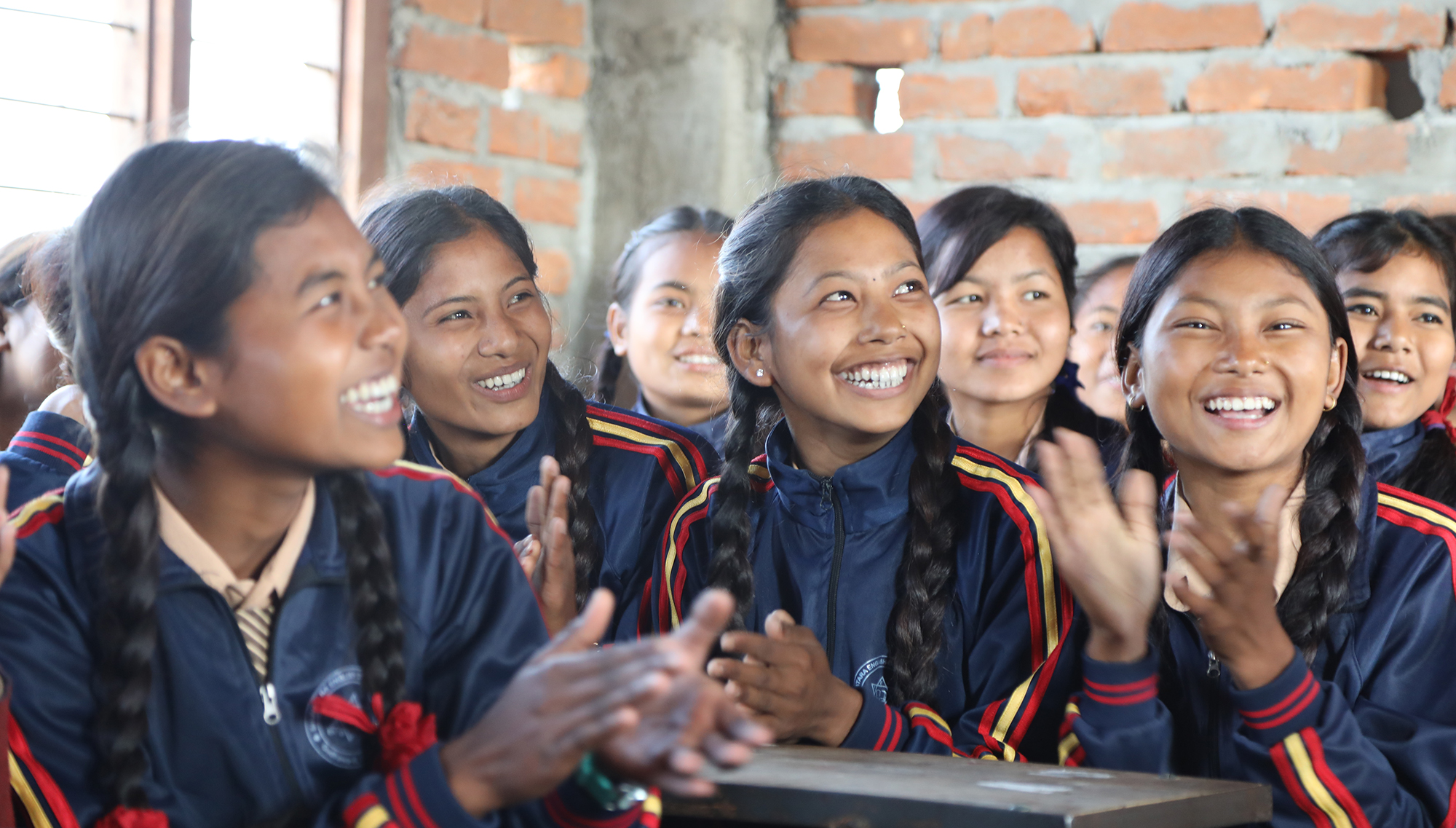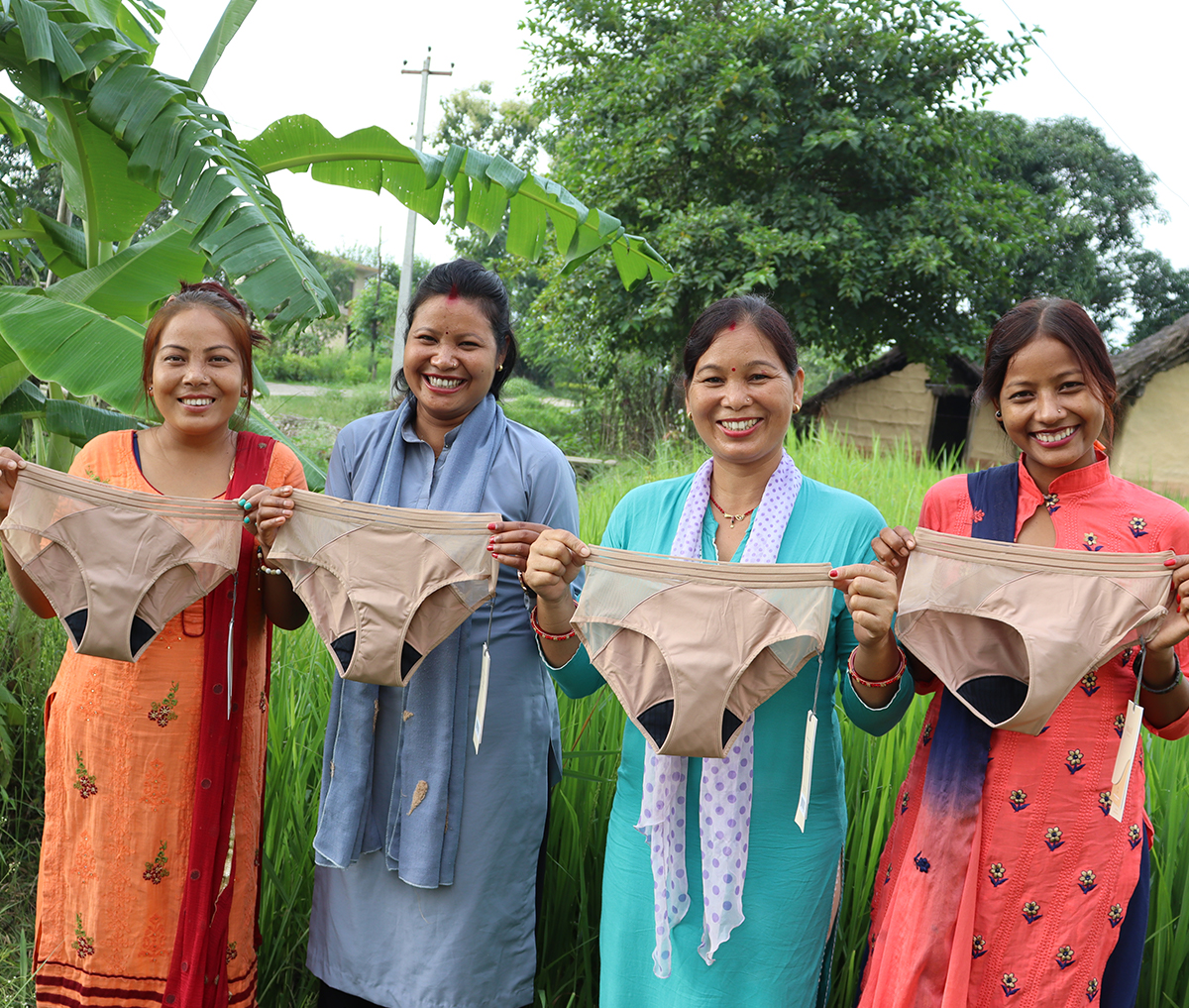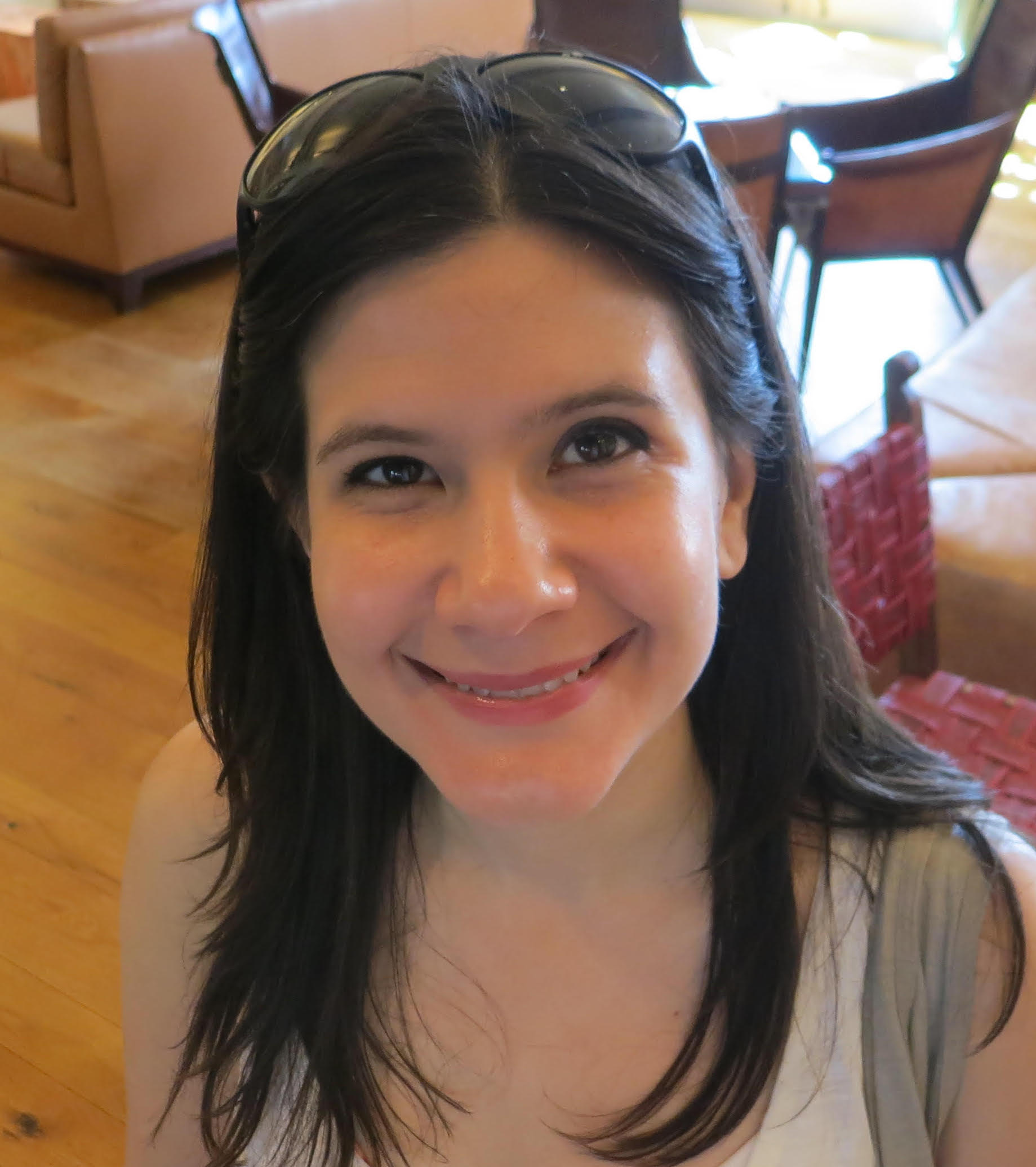
Saalt Is Using Sustainable Period Care To Fight Poverty In Developing Countries
Cherie Hoeger, CEO and co-founder of period cup and underwear brand Saalt, winner of a 2021 Beacon Award for philanthropy, likes to present women with a hypothetical situation. “Let’s say you started your period today or maybe you’re on your period right now,” she says. “Would you go to school or work if you didn’t have period care?” Generally, women respond, “No, I would stay at home.”
Hoeger uses the exercise to illustrate the effects of period poverty, or a lack of period care products. “For us in developed nations, we have accessibility to hygienic period care. We don’t really think about what other women do for their period care, but you’re not going to go out in public if you have nothing to care for yourself,” she says. “There are 800 million menstruators around the world, and 500 million of those have to make that choice every single day. That’s what causes girls to drop out of school. They ended up missing school and, then, they fall too behind, so they drop out.”
In Uganda, for example, about a quarter of girls complete secondary school while a sizable majority of them enroll in primary school. “You say, ‘Well, what happened during that time period [between primary and secondary school]?’ And it’s easy. It’s periods that happened,” says Hoeger. “So, if we solve that, then suddenly you’re breaking cycles of poverty for generations. You’re getting women educated, and then that turns into economic opportunity for women to grow and become providers for their families. So, really, solving the period care issue solves poverty on so many levels.”

When Hoeger launched Saalt with Amber Fawson in 2018, it wasn’t for lack of things to do. With a full-time real estate job and three kids, she already had a packed plate, but her passion for her product and her sense of purpose drove her to entrepreneurialism. “I loved the menstrual cup,” says Hoeger. “I wanted to get it out in the world. I want it to become more mainstream. And, when I saw the kind of difference that our product could make around the world, it was a no-brainer for me. I’ve always wanted to do something philanthropic.”
In 2019, Saalt was certified as a B Corp. “Being able to do do what I do best as an entrepreneur, and yet also give back in a meaningful way, it’s is just such fulfilling work,” says Hoeger, who directs Saalt’s impact efforts. In addition, the brand has an employee serving as a social impact coordinator. Hoeger says, “We direct the efforts and work with partners in 35 different countries who are really doing all the groundwork, and we’re facilitating education, donations and funds.”
Saalt commits 2% of its annual revenues to three major pillars: menstrual health, scholarships for girls and sustainability. The menstrual health pillar involves donating period cups to women in Nepal, Costa Rica and elsewhere. “We also tackle menstrual barriers in that pillar,” says Hoeger. “So, for instance, when we learned that our cup donation recipients in Uganda were changing their cups in the tall grass outside the school because they had no private stalls to be able to do that in, we helped build three latrines.”
“In order to be relevant with the younger generation, you need to have a social mission.”
Saalt has a staff member on the ground in Nepal teaching about period cups and reproductive health classes. “When I went to visit Nepal, we found out that the annual salary for a nurse practitioner there is about $2,000—and that is a good salary,” says Hoeger. “For us, that was a no-brainer to be able to provide that for someone. To have somebody who could educate about Saalt cups and then teach reproductive health classes as well just to benefit the community, we said, ‘Let’s do it.'”
For girls and women, Hoeger describes learning to use a period cup as “life-changing.” “There’s just no words to describe when you see a young girl in Uganda or Nepal or Costa Rica say, ‘This keeps me in school. This makes me not regret being a girl,'” says Hoeger. “To be able to solve that one worry for them, it’s just amazing. Companies don’t often see the direct effects that we see.”
For its scholarship pillar, Saalt sponsors the education of at least 30 girls annually. Hoeger says, “The reason we do that is because period care and education, as I mentioned, are so closely tied.” Sustainability is the smallest pillar. “We try to make a dent where we can,” says Hoeger. “One of our partners is Sustainable Coastlines Hawaii, and we fund direct volunteer cleanups of their beaches. Tampon applicators are one of the most common items found washed up on beaches. That’s a direct way that we can tie that with our brand.”

Hoeger points out period cups can make a big dent in the waste stream. “Just having consumers switch to the cup is one way that they can help our planet,” she says. “One cup or pair of [period] underwear replaces 3,000 tampons over ten-year use.” Saalt has been increasingly incorporating its underwear in its philanthropic efforts.
Hoeger makes a promising forecast for the beauty industry’s philanthropic endeavors. “The younger generation wants to align with brands that align with their values,” she says. “Consumers are turning to indie brands and smaller brands and saying, ‘This is transparent. I can see the founder. I can see their story, and they’re showing me with transparency about their products and their processes.’ The consumer is demanding that from retailers and from brands now. I think that, in order to be relevant with the younger generation, you need to have a social mission or some higher purpose to fulfill other than profit.”





Leave a Reply
You must be logged in to post a comment.